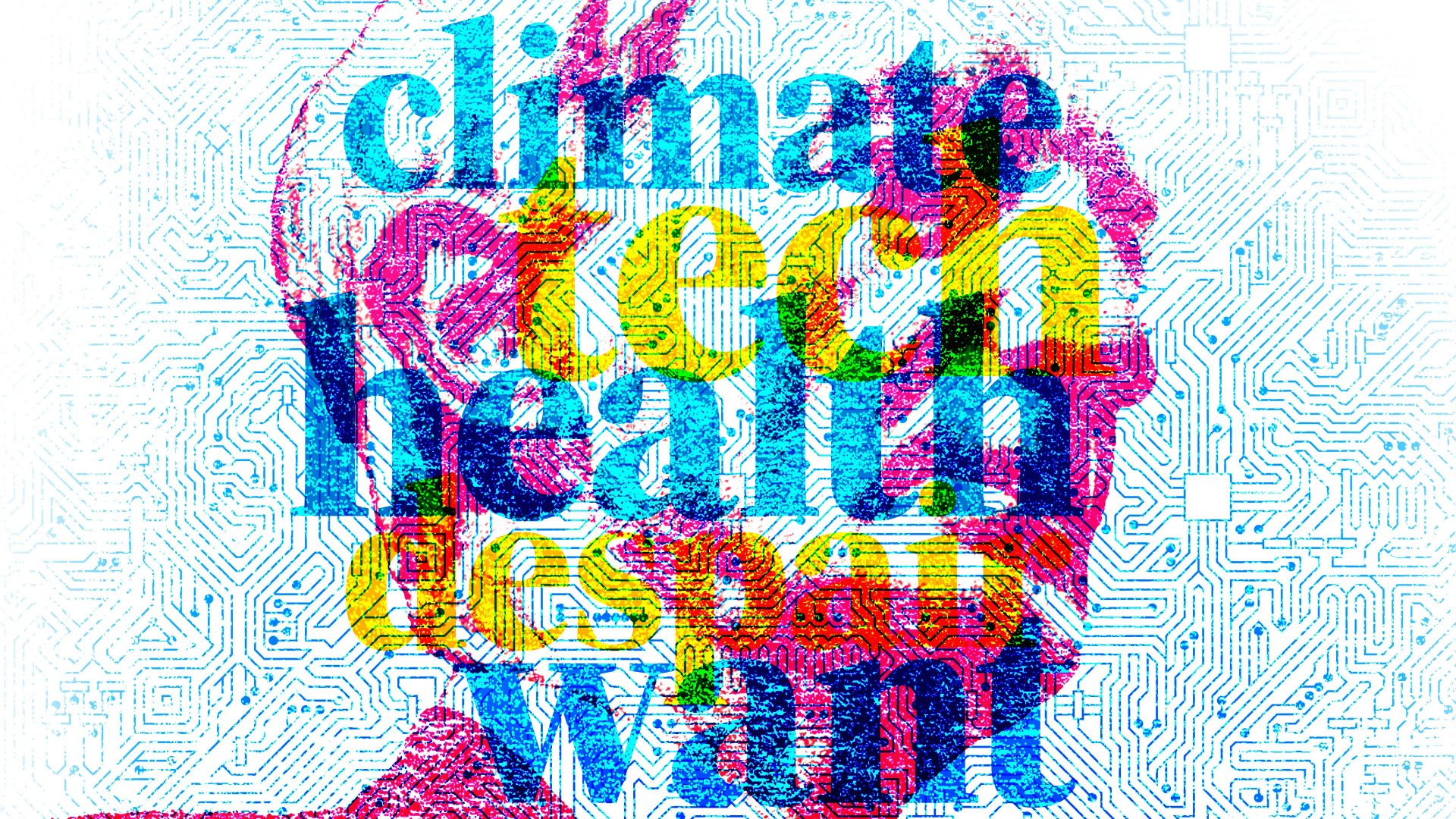I thought he was about to die. It was just after 10am on a freezing Sunday in January. I was out with the Community Street Kitchen team in Birmingham, sharing blankets, clothes, hot tea and little packets of plastic-wrapped sandwiches with the city’s homeless.
And there, on our final run into New Street Station, we turned into an underpass that stank of urine to find a disabled chap – a double amputee – ashen grey, crying in pain, and lying next to his wheelchair. As we desperately tried to help, we suddenly realised he was in a hospital gown with a hospital tag on his wrist. He had been there for two days.
This is but one story of one morning in Britain’s second city that lights up a single truth. In my 20 years as an MP, I’ve never known “want” as profound as it is today.
It’s no longer unusual for us to hear from primary school secretaries who ring the city’s food banks for mums in floods of tears, dropping off their kids at school without breakfast – with no food in the cupboards for tea. We hear all about the phenomenon of “scrounge week” at the end of every month when families beg and borrow from friends and family to make ends meet. Or homes where three or four people share a bed, or where a parent sleeps on the sofa so that their child can sleep in a semblance of comfort.
One man – Richard – came to one of my residents’ meetings desperate for help because he was so cold he was going to bed at 6pm every night in his old sleeping bag. He’d served Queen and country in uniform for 18 years, and as a veteran on an army pension, he could no longer afford to pay his bills. A member of my staff now has to help organise food bank collections as part of their work. And every week we get the reminder that it is the poorest who give the most. In one of our schools, we literally had children taking Penguin bars out of their lunch boxes to donate to our green, plastic food bank collection crates because they wanted classmates who had nothing to “have what they had”.
When William Beveridge drew up his 1942 report, he included “Want”, making clear that it was the greatest societal evil of all. Its deep scars, like the ploughed ruts on England’s ancient hillsides, are richly described in over a century of bitter, biting prose, from William Cobbett’s Rural Rides, written in the afterglow of Waterloo, describing England’s “walking skeletons”, to George Orwell’s blunt, laconic Road to Wigan Pier, which laid bare the “thousand influences, [which] constantly press a working man down into a passive role”.
Decades on, the shadow cast by the giant “Want” still envelops millions in its shade. There are many definitions of poverty. We have income poverty, material deprivation, asset poverty, in-work poverty, or “area-based indices of multiple deprivation”. But in essence, they all signify a lack. And the truth is that more than one in five of our fellow citizens now languish in relative poverty, with more than 7 million people living in food-insecure households.
But the dimensions of “Want” are different now compared with the age of Beveridge. He sought to design a welfare state that insured against “disruption to earnings”, whether from parenting, unemployment, sickness, or old age. Today, that conceptual framework is hopelessly outdated.
Some truths still hold. In Beveridge’s day, “Want” was acute for those with children. This is still a reality.
More than 4 million kids live in poverty, and almost one in five children are food insecure. Nor is work any longer an escape from poverty’s vice: 61% of impoverished working-age adults live in homes where at least one adult is in work. As many as 1.6 million people are paid less than the national minimum wage. P&O Ferries thinks it is OK to pay crew as little as £4.87 an hour. A quarter of disabled people live in poverty, and the problem Beveridge identified of poverty in old age is still with us; around 18% of pensioners live in relative poverty.
But “Want” now is no longer simply due to “disruption” of earnings. Mischance is still the key cause. But so are poverty pay, poor public services and the fundamental inequality of wealth.
So what do we do? There are basically four fronts on which the new government of Keir Starmer can fight.
First, we have to improve the basic safety net that is so full of holes it no longer catches those knocked over by the rolling waves of chance. The best idea I have seen is the proposal of the Trussell Trust and the Joseph Rowntree Foundation, which proposes an Essentials Guarantee: a level of income that would ensure benefit levels were set at the minimum required to afford rent, food, utilities, and vital household goods.
Analysis shows this would require £120 a week for a single adult and £200 for a couple. This is not cheap – it would cost around £22bn a year.
Yet the polling I carried out with the KCL Policy Institute confirms that there is wide support for this sort of approach. When we asked voters how to use the social security system to reduce inequality, we found that “ensuring benefits for those with ill health are high enough to prevent poverty” was the most popular measure. A fifth (22%) ranked this as the idea they supported most from the list of solutions, and 60% considered this a credible approach.
Second, we have to complete the “care revolution”, which is something that Beveridge never considered because he simply did not anticipate the feminisation of the workforce and the phenomenon of the ageing population. He imagined social care reform as the “coping stone” of the welfare state, but today without a systematic advance towards universal early-years childcare, and a well-functioning social care system, we will never eliminate “Want”.
Third, we have to get serious about poverty pay. Labour’s rights at work agenda will help. But new rights at work will be meaningless without a serious effort to make those rights real. These must include freedom for proper trade union organisation, tough enforcement of the rules by regulators, ready access to justice, and a new clarity in company reporting, so pension funds can start investing in firms that offer good work, not bad jobs.
But there is one step more: we need a new effort to rebuild a wealth-owning democracy. We cannot simply worry about income; we also need a social security system that helps everyone build assets.
Most of my constituents are extremely “asset poor”: in my surveys, when asked “what is your most valuable piece of property?”, most answered their mobile phone. And today, unlike in Beveridge’s time, many more people are deep in debt. One in four people today has savings of less than £100. Many are cursed with poor housing, or poor training, or a non-existent pension pot. Where Beveridge talked about a country of “Want”, today many of our communities are benighted by hunger, homelessness, and debt.
The answer is a system of Universal Basic Capital (UBC): savings, equity for a home to call your own, knowledge capital to help you retrain over a lifetime’s work, and pension capital: a system of linked accounts that help people build the assets they need over the course of their lives to guarantee their resilience in turbulent times.
This is not a new idea. In the early 1990s, Michael Sherraden – the father of “asset-based welfare”, argued that assets (or wealth) had a multiplicity of virtues because “assets change the way people think and interact in the world”. He wrote, “while incomes feed people’s stomachs, assets change their heads.” This helps us re-conceptualise social security as an investment, because access to assets multiplies the life chances open to everyone, cultivating a sense of independence, not dependence; a reserve for future consumption, an orientation towards the future. It provides space for entrepreneurship, boosts social and political engagement, and, above all, enhances the wellbeing of children.
Ultimately, the elimination of “Want” is about the expansion of freedom. Conservatives use words like “freedom”, “liberty”, and “emancipation” as punchlines. We should use these words as inspiration for a political culture that wants to build a better country. Because after 13 years of Tory rule, a lot of people don’t feel they’re enjoying some Elysium of liberty. They feel that life is a lottery in a country where millions of people are prisoners of anxiety, trapped by a tyranny of poverty, fear, and insecurity, in an economy where the strong can dictate terms to the weak.
The last government ignored the overbearing power of employers and the misfortune that befalls many. Yet these are the real threats to freedom in the world today. And if we want a truly free society, then we, and our new government, must build a country that is free from “Want”.
Liam Byrne is MP for Birmingham Hodge Hill and Solihull. His book The Inequality of Wealth: Why It Matters & How to Fix It, is published by Head of Zeus



